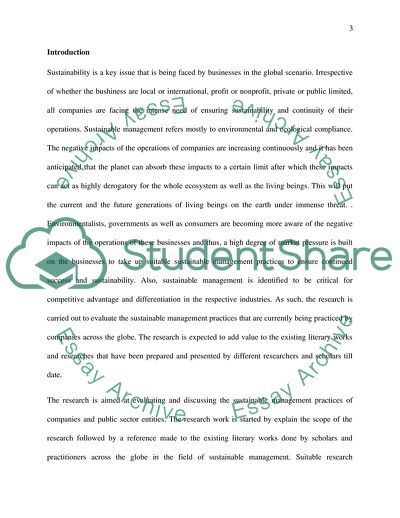Cite this document
(Sustainability Accounting and Reporting Research Paper, n.d.)
Sustainability Accounting and Reporting Research Paper. https://studentshare.org/finance-accounting/1832147-sustainability-accounting-and-reporting
Sustainability Accounting and Reporting Research Paper. https://studentshare.org/finance-accounting/1832147-sustainability-accounting-and-reporting
(Sustainability Accounting and Reporting Research Paper)
Sustainability Accounting and Reporting Research Paper. https://studentshare.org/finance-accounting/1832147-sustainability-accounting-and-reporting.
Sustainability Accounting and Reporting Research Paper. https://studentshare.org/finance-accounting/1832147-sustainability-accounting-and-reporting.
“Sustainability Accounting and Reporting Research Paper”. https://studentshare.org/finance-accounting/1832147-sustainability-accounting-and-reporting.


